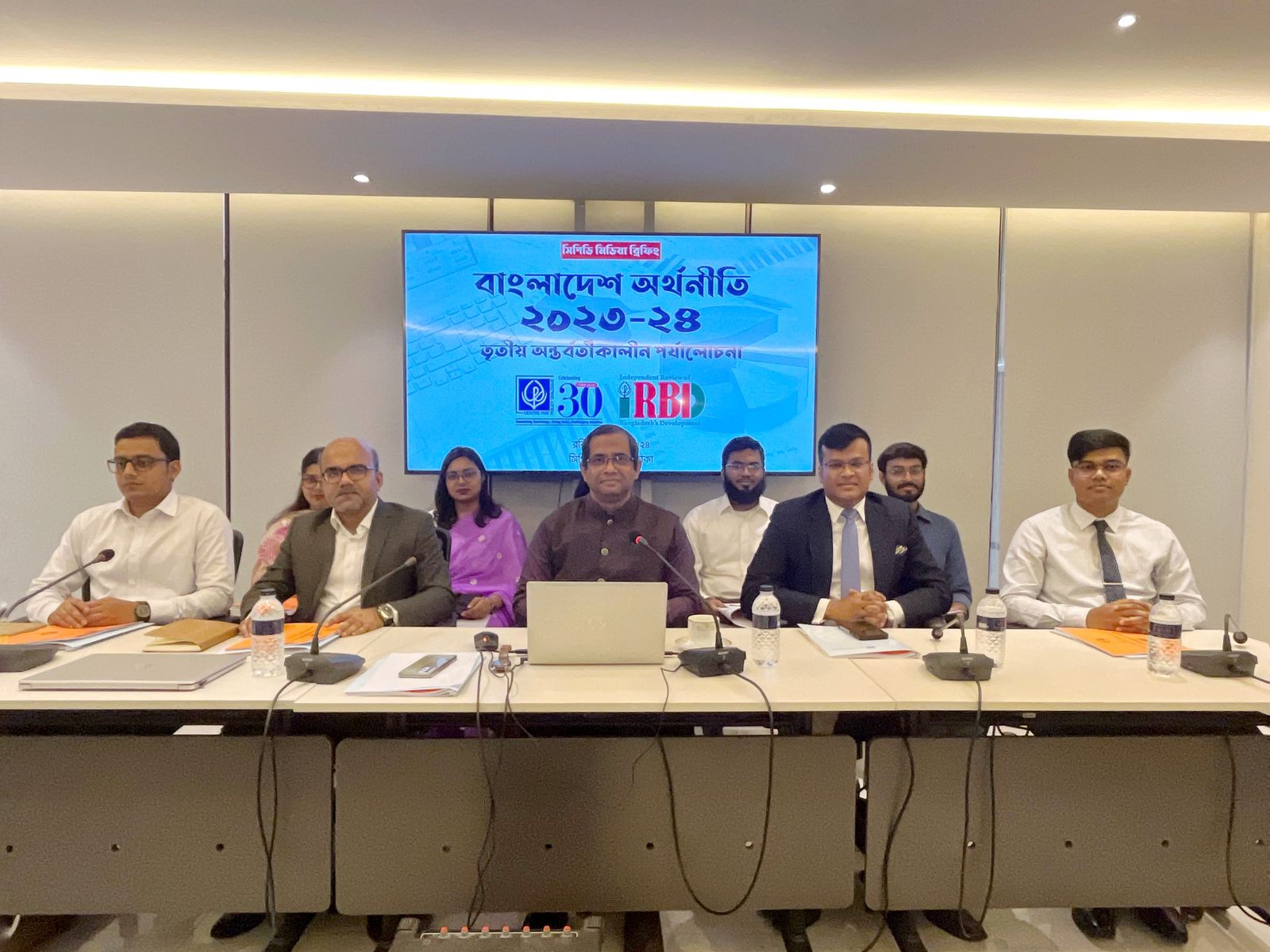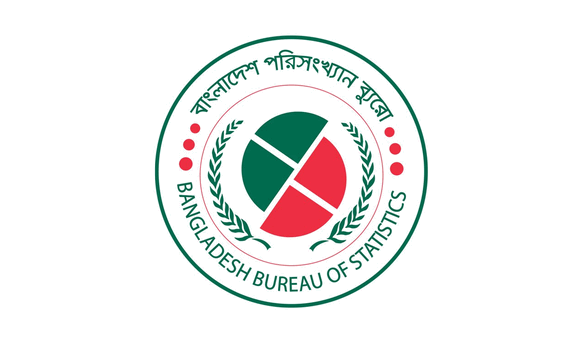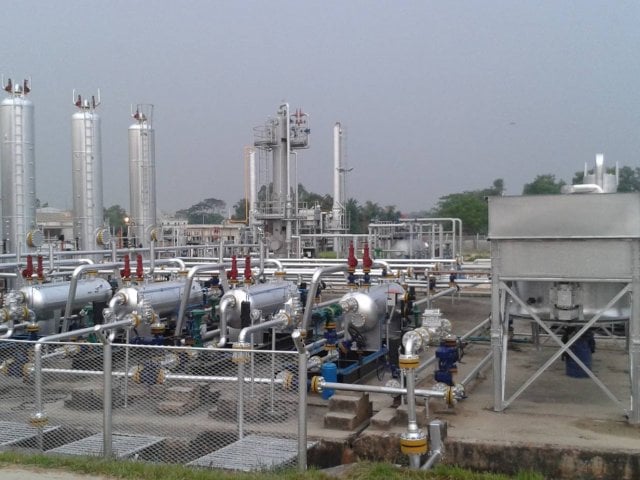
The cost of essential goods in Bangladesh has escalated to the point where they are now considered luxury items, the Centre for Policy Dialogue (CPD) reported on Sunday. Food prices have risen disproportionately compared to income levels, pushing many poor people further into poverty.
CPD Research Director Khandaker Golam Moazzem presented the “Bangladesh Economy 2023-24: Third Interim Review” at the CPD office in Dhaka. He highlighted that Bangladesh’s inflation rate is currently higher than Sri Lanka’s and noted that the country has the highest food expenses among lower-income countries.
“Bangladesh has been grappling with high inflation for over two years,” said Moazzem. “This is in stark contrast to other countries, including Sri Lanka, which have managed to control inflation through effective policies. Our persistent high inflation is due to policy and institutional failures.”
High inflation disproportionately impacts poor and low-income households, eroding their purchasing power. The CPD pointed out that the situation, worsened by the Ukraine war in February 2022, has persisted since the COVID-19 pandemic began in early 2020.
The independent think tank noted that consumer prices have remained stubbornly high, exceeding 9% for over a year. Food inflation was 9% in April 2023, peaked at 13% in August 2023, and stood at 10% in April 2024.
Moazzem presented data showing significant price increases for basic necessities from 2019 to May 2024. For example, the price of coarse rice, mainly consumed by low-income people, rose by 30% from Tk 40 per kg to Tk 52 per kg. Prices of fine variety rice like Miniket increased by 17% to Tk 68 per kg.
“Lentil prices surged by 95%, flour by 40%, and all-purpose flour (moyda) by 60%,” he said. The price of soybean oil has also increased significantly, with loose soybean oil up by 84% and bottled soybean oil by 54%.
The price of Rui fish increased by 10%, and Ilish (Hilsha) fish by 35%. Beef prices soared by 58% and mutton by 40%. The cost of broiler chicken rose by 59%, and local chicken by 46%.
The price of sugar increased by 152%, with the global market price much lower than in Bangladesh. Powdered milk prices also saw significant hikes, with Dano up by 43% and Fresh by 80%. Local and imported onions increased by 164% and 167%, respectively, while local garlic surged by 310% and imported garlic by 221%.
Moazzem criticized Bangladesh Bank for maintaining an overvalued currency to keep import costs low, making Bangladeshi exports less competitive. He suggested that exporters and remittance senders benefit, but importers face increased costs.
According to CPD, Bangladeshis are now spending more on food than residents of many richer countries. The report compared GDP per capita and food expenditure in 17 countries, revealing that despite having the lowest GDP per capita, Bangladesh had the highest food expenditure per capita.
For instance, the average annual expenditure on food at home per person in 2022 was $924 in Bangladesh, compared to $882 in Brazil and $874 in Colombia, both of which have more than twice the GDP per capita of Bangladesh.
Recommendations:
The CPD stated that success in controlling inflation would depend on the proper implementation of government policies. Coordination among various ministries is crucial, as monetary, fiscal, trade, and agricultural policies all play a role in addressing inflation.
The CPD suggested four specific measures: Strengthening the Bangladesh Competition Commission to monitor market manipulation; Revising the Competition Act of 2012; Providing support to poor and low-income households and Reducing tariffs on essential items.
These steps are essential to alleviate the burden on ordinary people and help stabilize the economy.









